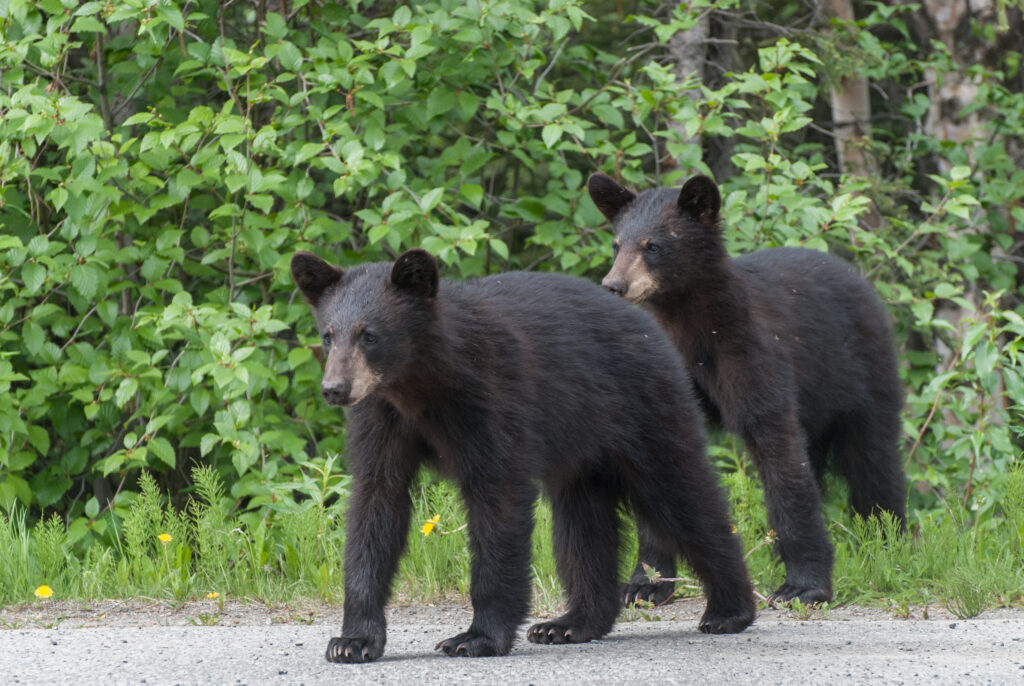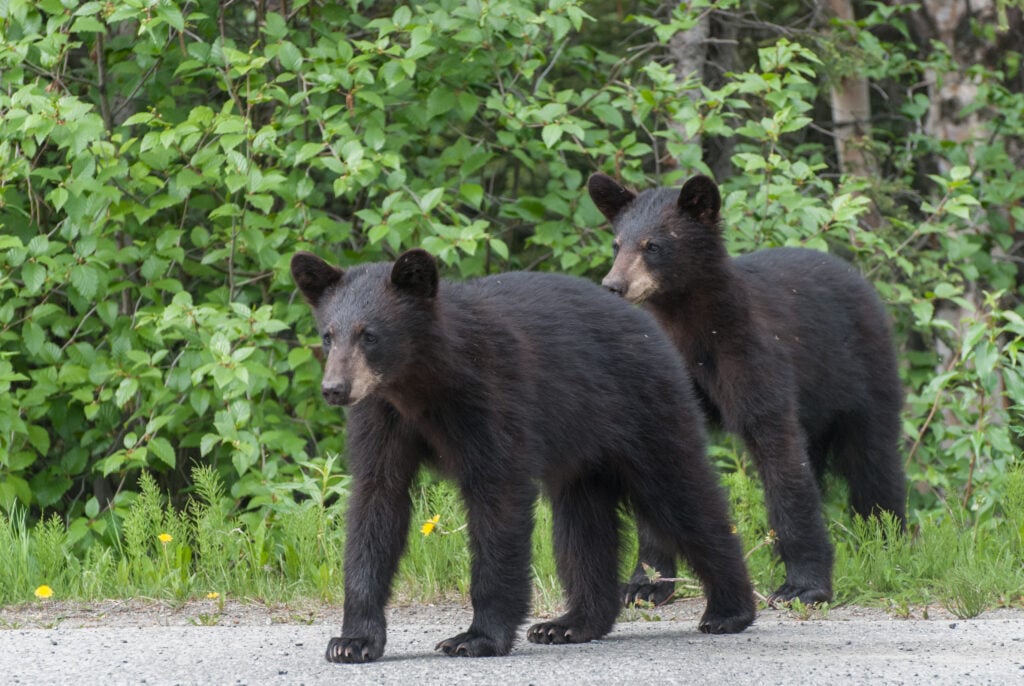
TRENTON, N.J., Sept. 25 — As black bears increase their activity ahead of winter denning season, the New Jersey Department of Environmental Protection (NJDEP) Fish & Wildlife is reminding residents to properly secure trash and reduce potential food sources to prevent bear encounters. Bears are seeking extra food this fall to build up fat reserves for the winter.
“Black bears are preparing to enter the winter denning season and need to consume large amounts of food,” said NJDEP Fish & Wildlife Assistant Commissioner David Golden. “This heightened activity can bring bears closer to homes and into backyards and campgrounds in search of an easy meal.”
Black bears are commonly found in northwestern New Jersey, but have been reported in all 21 counties. During the fall, bears need to consume more than 20,000 calories per day. They are opportunistic feeders and will investigate garbage, pet food bowls, bird feeders, and other accessible food sources.
To reduce bear encounters, NJDEP Fish & Wildlife recommends securing trash in bear-resistant containers, washing garbage bins to remove odors, and keeping outdoor grills clean. Homeowners are also encouraged to remove fallen fruit and secure pet food bowls.
Earlier this year, the NJDEP distributed 3,000 bear-resistant trash receptacles in communities with high bear activity, funded by a $500,000 state appropriation. The agency continues its public outreach campaign, Know the Bear Facts, which includes safety tips available in English and Spanish.
Residents are advised to remain calm if they encounter a bear, avoid direct eye contact, and make loud noises to scare the bear away. Feeding bears is illegal and can result in a fine of up to $1,000.
For more information on bear safety or to report bear incidents, visit the NJDEP Fish & Wildlife website or call 1-877-WARNDEP.

